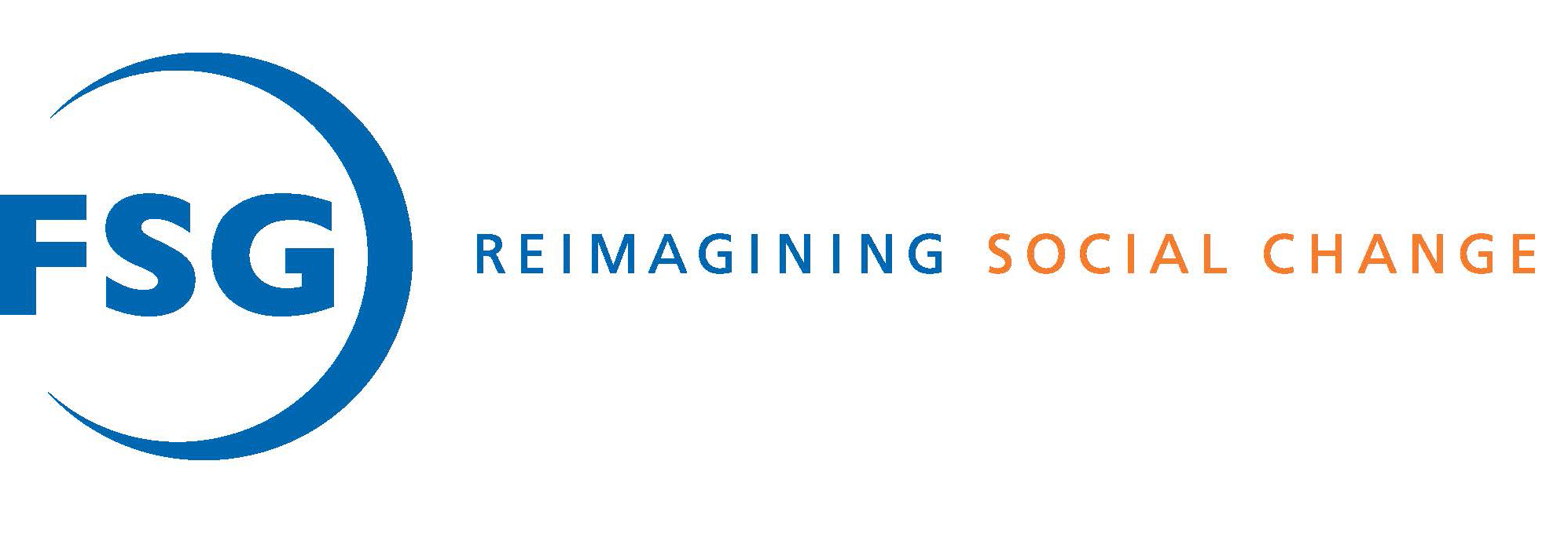Systems Change in a Polarized Country
5 systems change practices for foundations
Systems Change in a Polarized Country
By Mark Kramer, co-founder and managing director, FSG
Last year, I interviewed the CEOs of nearly two dozen leading U.S. foundations to understand how their thinking about philanthropic strategy has evolved over the past several years. The most consistent theme I heard was the shift toward a “systems change” approach. (My colleagues found a similar perspective interviewing European foundation CEOs.) Only recently, however, did I realize just how relevant systems change thinking is to the extraordinary challenges of pursuing social progress in the United States under the Trump presidency.
Foundations have often relied on government as an ally to scale up and sustain the programs they pilot. But what happens when government does not respect hard facts, scientific proof, or democratic principles? Or when the vision of a just and equitable society is replaced by the false belief that pursuit of prosperity depends on the eradication of compassion?
What I came to realize is that systems change can be an especially powerful approach in today’s political climate when the challenge is to co-create a new future for our deeply polarized country.
Much has been written lately about systems change in philanthropy and, of course, systems change itself has long been studied in academia and practiced by community leaders and agents of social change. But what exactly do foundations do when they take a systems change approach?
In conversations with Darren Walker, Sally Osberg, Sue Desmond-Hellmann, Risa Lavizzo-Mourey, Matt Bannick, and many others, 5 practices in particular emerged.

